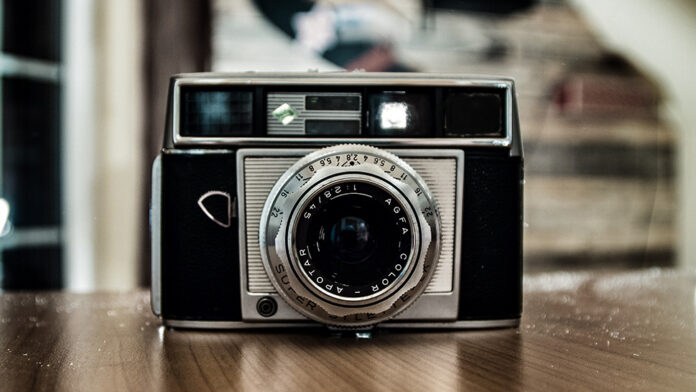Photography is a wonderful technique—a way of harnessing light to record an image, capturing an instant in time and preserving it for eternity. A holiday picture can trigger vivid reminiscences even decades later, but a photograph records the visual world with far greater fidelity than memory can ever offer. Yet beyond drunken party snapshots, family portraits, or breathtaking landscapes, the incomparable value of photography over the past two hundred years has been in presenting what the eye cannot see. It represents a key enabling technology across numerous fields of science, and will be vital in accelerating the reboot of society after a disaster. Photography allows investigators to record events and processes that are exceedingly faint or occur over timescales too rapid or too slow for us to perceive, or at wavelengths invisible to us. For example, photography offers extended exposure times to soak up feeble light over far longer periods than the human eye can offer, allowing astronomers to study a multitude of dim stars and resolve faint smudges into detailed galaxies and nebulae. Photographic emulsions are also sensitive to X-rays and so allow you to create medical images for examination of the body’s interior.
Analysis
I didn’t expect photography to be at the top of the list for a key technology. Whenever I think of a post apocalyptic world, I only think about the beginnings of society and how to survive, not thrive. I think this article is really interesting because it assumes that we have achieved the first tier of Maslow’s hierarchy of needs: physiological needs. This article also assumes that people have access to all of these chemicals in this new world scenario. Photography is incredibly powerful and may help people reconnect and restart a new civilization. However, photography was only invented during the industrial revolution. With this same knowledge at the restart of society, how much more advanced will society be? Or, will we be too dependent on our previous technologies to move forward?




